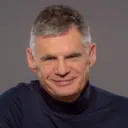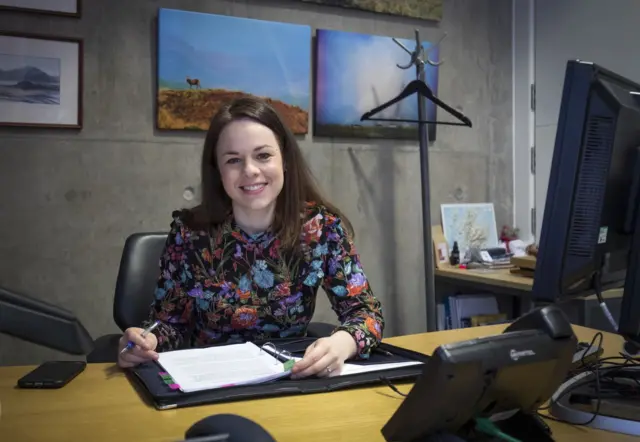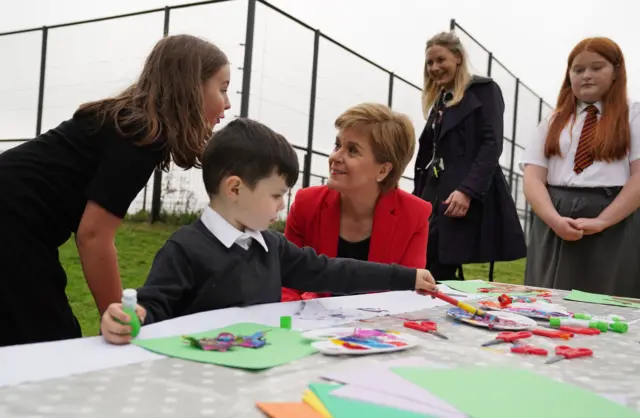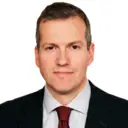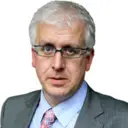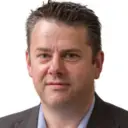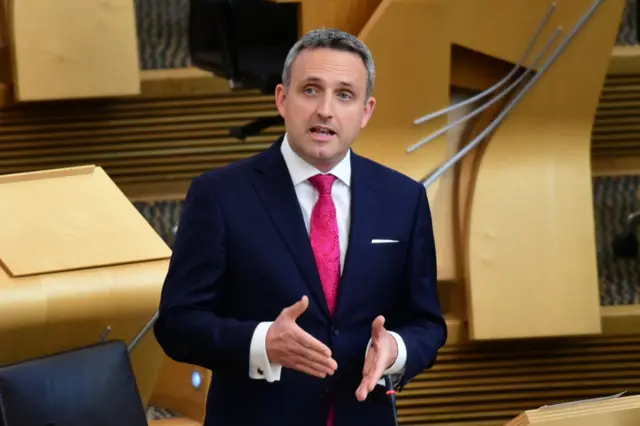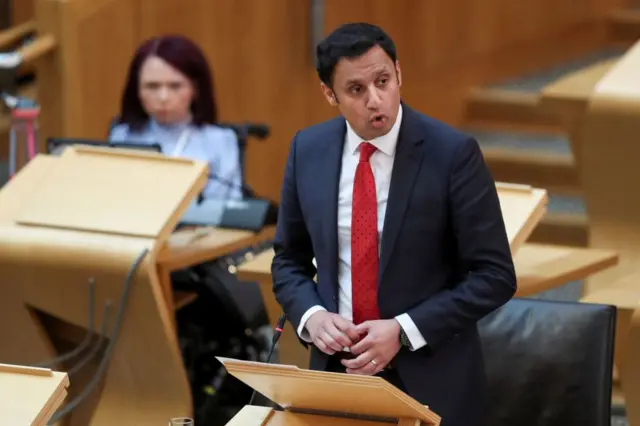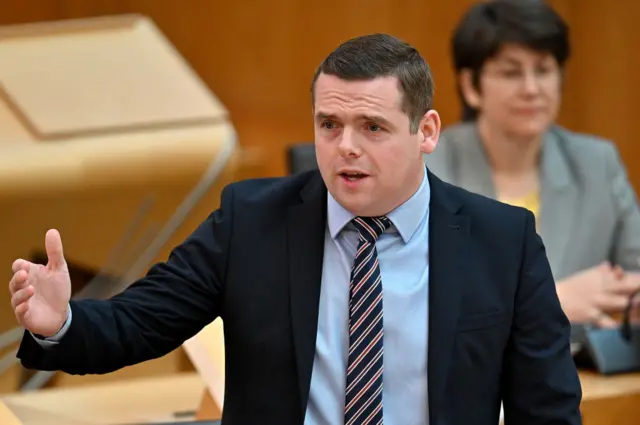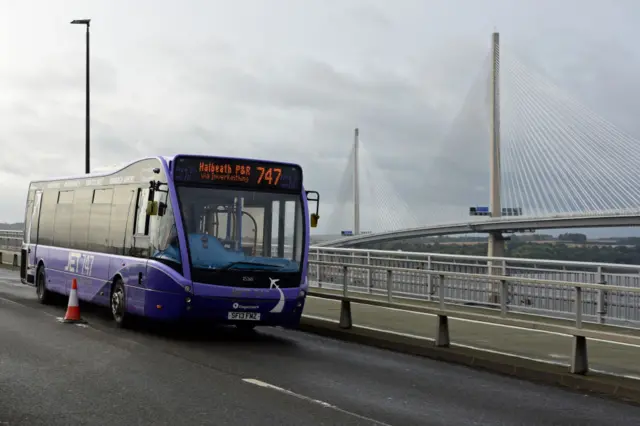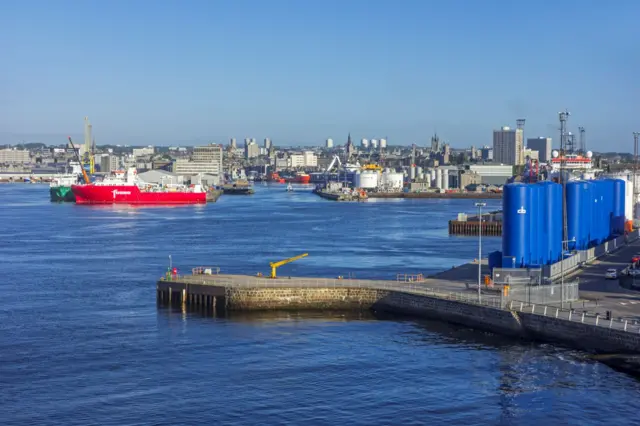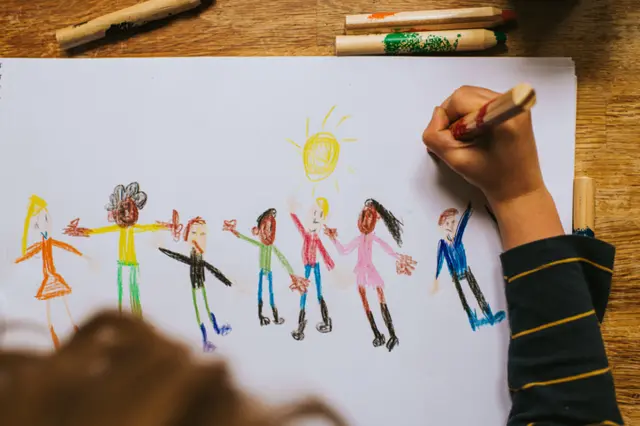Key points from the Programme for Governmentpublished at 16:59 BST 7 September 2021
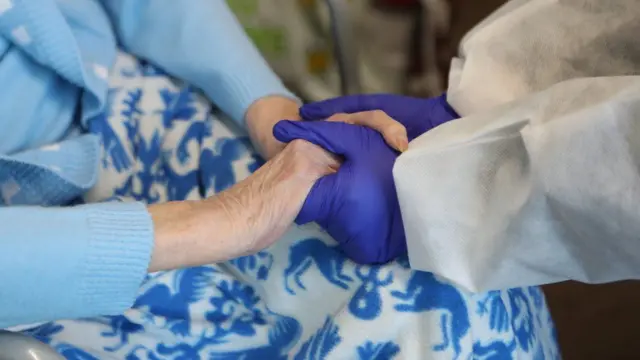 Image source, PA Media
Image source, PA MediaFirst Minister Nicola Sturgeon has published her government's plans for the year ahead.
The programme for government , externalincludes establishing a National Care Service, reforms to the Gender Recognition Act and plans to extend childcare.
Ms Sturgeon also said the Scottish government would restart work on a "detailed prospectus" in advance of its goal of holding a referendum on independence by the end of 2023.
The opposition parties urged her to focus on recovery from the Covid-19 pandemic rather than independence.
The main points of the programme include:
- A National Care Service Bill to implement reforms to the care service and a pledge that funding for social care will rise by at least £800m over the lifetime of the parliament
- A new system of "wraparound" childcare before and after school and during the holidays
- A collective pardon for miners convicted of various offences during strikes in the 1980s
- Extra funding for frontline healthcare and mental health services
- A fox control bill to strengthen the law on the use of dogs in hunts
- A new law for stronger regulation of the sale of fireworks
That's all from the live page team today. Thanks for reading.
